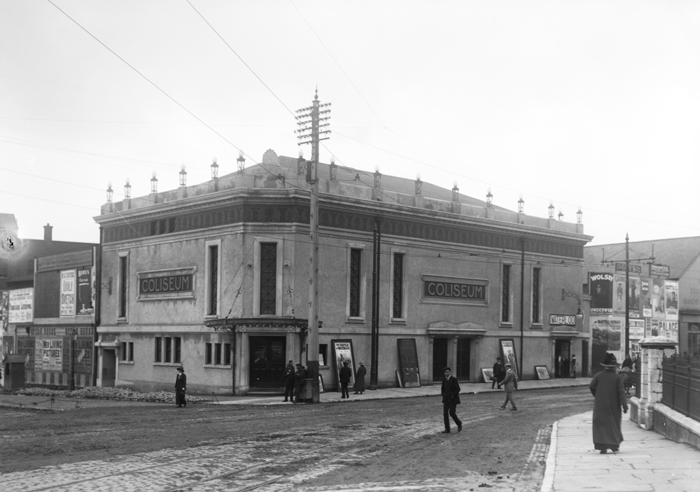Stricter film censorship requires appointment of National Censor, Free State Minister told
Dublin, 10 February 1923 - A stricter regime of film censorship is coming to the Irish Free State and will be supported if necessary by legislation, the Minister for Home Affairs Kevin O’Higgins has said.
Mr. O’Higgins was responding to a statement on the evils of cinema that had been presented to him by a deputation representing the Irish Vigilance Association, Priests’ Social Guild, as well as the Catholic, Protestant, Episcopalian and Presbyterian Churches in Ireland.
With over 150 picture houses in Ireland - 31 of them in Dublin city and its suburbs - and a daily attendance of over 20,000 people, the statement claimed that it was ‘evidently undesirable that our people should be accustomed to see and applaud scenes of murder, robbery, violence of every kind, offensive suggestiveness, sexual immorality, and yet such scenes are often set before them in our picture houses in Dublin and throughout Ireland.’
The deputation argued that the existing system of censorship was unsatisfactory to the point that there was no censorship at all in many parts of Ireland. In Dublin, the system was alleged to have completely broken down with films shown without ever being presented to the censors.
Many members of the same deputation met last year with Dublin Corporation to raise similar concerns about the inadequacy of the current system of film censorship, a meeting which followed months after the Municipal Council itself had adopted a resolution - it was passed on 1 May 1922 - calling on Dáil Éireann to appoint a Board of Film Censors for Ireland. On this occasion, the various deputations urged the appointment of a National Censor and a supporting staff of full-time officials. The idea is that no film could be shown anywhere in Ireland without a license declaring that it had been passed by the National Censor.
To meet the operating costs of this scheme, the deputation proposed that funding come from either the Amusement Tax or a special levy on the valuation of theatres. The statement issued by the deputation was signed by: Very Rev. J. Flanagan, Administrator of the Pro-Cathedral; Rev. Fr. Laurence; Rev. N.J. Tomkin, SJ; Rev. Prof. Drury, Rector, Raheny; Rev. Dr. Denham Osborne, Thomas J. Deering, solicitor; Walter Butlar and Liam R. McGuirk.
[Editor's note: This is an article from Century Ireland, a fortnightly online newspaper, written from the perspective of a journalist 100 years ago, based on news reports of the time.]





















